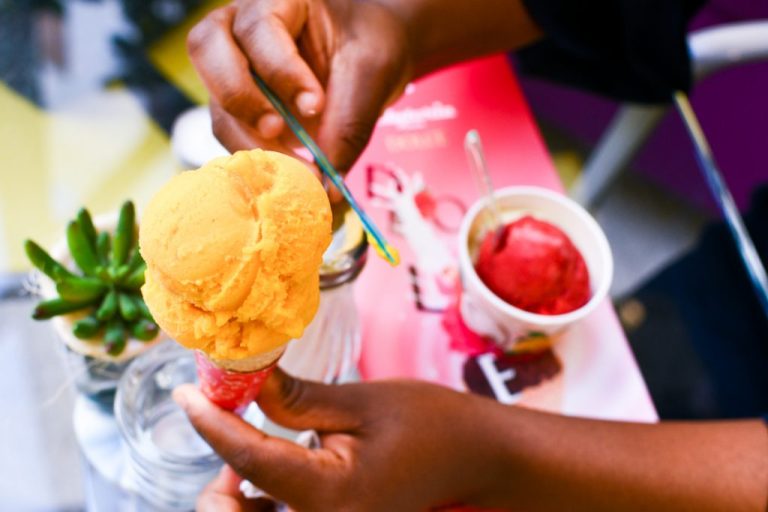More than half of the ice cream and drinking ice in the Czech Republic does not meet the minimum health and hygiene criteria. Photo credit: BD
Czech Republic, 24 Aug. (BD) – The Czech Food Inspection Authority (SZPI) has found an exceptionally high percentage of non-compliant ice cream and beverage ice this year, with 56% of ice cream and 75% of beverage ice considered unsatisfactory. Compared to previous seasons, an exceptionally high percentage of samples taken do not meet the legal standards, particularly with regard to bacterial limits, and thus pose a health risk to consumers. The percentage of non-compliant samples found this year is the highest in the last six years.
Up to 15 August 2022, SZPI inspectors evaluated 109 ice cream samples in the laboratory, and 61 of them (56%) did not meet hygiene limits. Laboratory analysis of the ice cream samples confirmed a number of Enterobacteriaceae colonies above the limits. The main reasons for these results were non-compliance with production hygiene, inadequate sanitation of equipment, and non-compliance with the production procedure for preparing ice cream.
Inadequate staff training may also play a role. One of the characteristic problems with ice cream is the practice of vendors not disposing of the ice cream at the end of the day, but putting it back into the machine the next day, which can lead to the transfer of bacterial contamination from the machine to the ice cream mixture and vice versa. Vanilla ice cream predominates among the non-compliant samples, which can be attributed to the prevalence of this flavour.
For ice, 65 drinking ice samples were evaluated, and 49 of them (75%) did not comply with hygiene limits. The parameters monitored included the presence of Escherichia coli, Clostridium perfringens, enterococci, coliforms, bacterial colonies growing at 22°C and 36°C, and monitoring for the presence of live microorganisms (e.g. flagella). Poor hygienic practices in ice production and insufficiently regular disinfection of ice machines were identified as the main cause of these results.
In establishments where unsatisfactory samples were found, the use of equipment (e.g. ice cream machine and related utensils) on site was banned, ice production was prohibited, and the operators were ordered to sanitise their equipment and then have it microbiologically analysed by an accredited laboratory. Only after a satisfactory result of the analysis will inspectors authorise the use of the equipment. SZPI will also initiate administrative proceedings against the operators concerned to impose fines.








